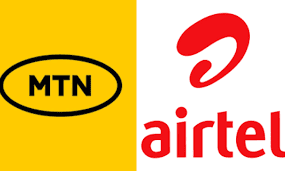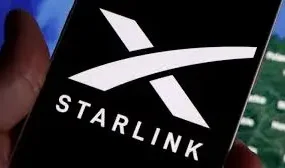The battle over South Africa’s telecom spectrum intensifies as industry heavyweights head to the high court in Pretoria this week. Vodacom, MTN, Cell C, and Liquid Intelligent Technologies, alongside the communications regulator ICASA, are embroiled in a legal showdown over contentious spectrum pooling agreements.
Vodacom South Africa has taken legal action against its rivals and the regulator, alleging that MTN, Cell C, and Liquid engaged in clandestine spectrum-sharing arrangements that breach regulatory protocols. According to Vodacom, Icasa unlawfully sanctioned these agreements, giving MTN a competitive edge in network performance.
What is at issue in this application is the approval by the first respondent (Icasa) of the ‘pooling’ of high-demand spectrum between MTN, Cell C, and Liquid, in secret, in a manner contrary to the requirements of the Electronic Communications Act, and unlawful in other respects,” said Andrew Barendse, Vodacom’s managing executive for regulatory affairs, in a court affidavit.
Vodacom contends that these arrangements have directly contributed to MTN’s superior speed and quality in network tests. The company grew suspicious after multiple independent analyses, including tests conducted by Ookla’s Speedtest.net, revealed MTN’s consistent outperformance. Given that both Vodacom and MTN operate similar network infrastructure, Vodacom argues that spectrum utilization is the key differentiator.
The case will proceed in two stages. The first, currently underway, involves Vodacom seeking an interdict to suspend the spectrum pooling deals until a final verdict is reached. The second phase, for which a trial date is yet to be determined, will focus on the legality of the agreements and whether they should be annulled.
In deciding whether to grant the interdict, the court will assess factors including Vodacom’s legal standing, potential harm to involved parties, and the broader implications of the ruling. Additionally, the court will consider whether an alternative resolution exists that would negate the need for an interdict.
Despite being classified as an urgent matter, the case is subject to significant delays due to a backlog in the Pretoria High Court. It remains unclear how soon the court will issue a ruling on the interdict application.







2 replies on “South African Mobile Giants Face Off in Court Over Spectrum Dispute”
[…] South Africa’s competition watchdog has accused Google, Meta, and X of engaging in anti-competitive practices that disadvantage local media platforms. The findings, part of a recent market study, could result in hefty financial penalties for the tech giants. […]
[…] the rising costs, Telkom intends to maintain its competitive edge in the South African market. Siyo assured customers that the adjustments were aimed at ensuring the company’s […]